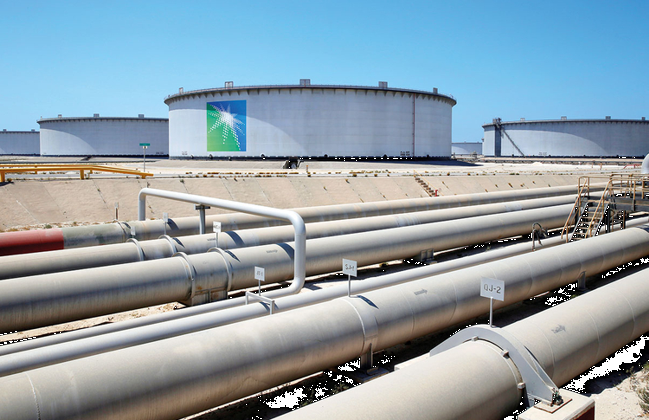Nigerians are poised to see major reductions in petrol and diesel prices following a significant slump in global crude oil prices, triggering a wave of price cuts among local fuel suppliers.
The price of Brent crude, the international oil benchmark, has fallen sharply—losing more than 20% of its value since April—to trade below $59 per barrel. The decline is attributed largely to a recent decision by OPEC+ to ramp up production by an additional 411,000 barrels per day starting in June. The move has sparked concerns of oversupply, pushing oil prices to their lowest levels in four years.
In response to the global trend and increased market competition, Nigeria’s Dangote Petroleum Refinery has again reduced the price of diesel to ₦1,020 per litre, down from ₦1,075. This is the fourth reduction since the refinery began production in early 2024, when diesel was initially priced at ₦1,700 per litre. Similarly, the ex-depot price of petrol has dropped from ₦950 to ₦890 per litre.
The Nigerian National Petroleum Company Limited (NNPCL) has followed suit, adjusting its petrol prices to ₦860 per litre in Lagos and ₦880 in Abuja. These price revisions have triggered a competitive standoff between NNPCL and Dangote Refinery, with both entities vying for market share—a development that is proving beneficial to consumers.
While the reductions are being welcomed by motorists and transport operators, petroleum marketers have voiced concerns over potential losses. According to the Independent Petroleum Marketers Association of Nigeria (IPMAN), many dealers still hold large volumes of fuel purchased at higher prices, meaning the new pricing could lead to daily losses estimated at ₦2.5 billion, or around ₦75 billion monthly for the industry.
READ MORE: Tems, Burna Boy, Adichie Dazzle at 2025 Met Gala in Celebration of Black Fashion and Heritage
Despite these concerns, economists view the price cuts as a boost for the broader economy. Lower fuel prices are expected to ease transport and production costs, potentially reducing inflation and offering relief to consumers already strained by rising living expenses. However, experts also warn that persistently low crude prices could reduce Nigeria’s oil revenues, impacting government income and spending capacity.
As the global oil market continues to fluctuate, Nigerian consumers are encouraged to monitor fuel prices closely and take advantage of the current reductions. Industry analysts predict that the price war among major players is likely to continue in the short term, providing further relief at the pump.




